
It started out strong. Change that felt necessary, even overdue. But then came the rewrites, the disclaimers, the awkward silences. Somewhere along the way, the room got tense. This list is not about mocking those ideas. It’s about pointing to those changes where the meaning shifted, and people started asking, “Wait, is it a part of the idea?”
College Students Are Demanding Trigger Warnings For Common Subjects

Some years back, a student group requested warnings before readings of “The Great Gatsby.” Professors report increasing pressure to flag everything from war to family trauma. While trauma-informed education has value, scholars worry we’re inching toward censorship. The line between protection and avoidance is thin and often personal.
Students Are Calling For The Removal Of Historical Statues On Campus
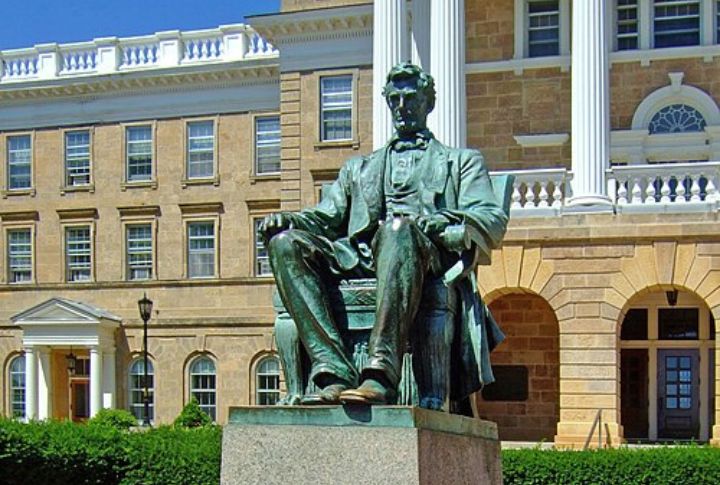
At the University of Wisconsin, a statue of Abraham Lincoln faced protests due to his role in Native American policy. Protesters didn’t want it destroyed, just contextualized. But debates quickly polarized. Should campuses reflect history as it was or as we wish it had been? There’s no easy answer.
Kids Are Being Asked Their Pronouns Before First Grade
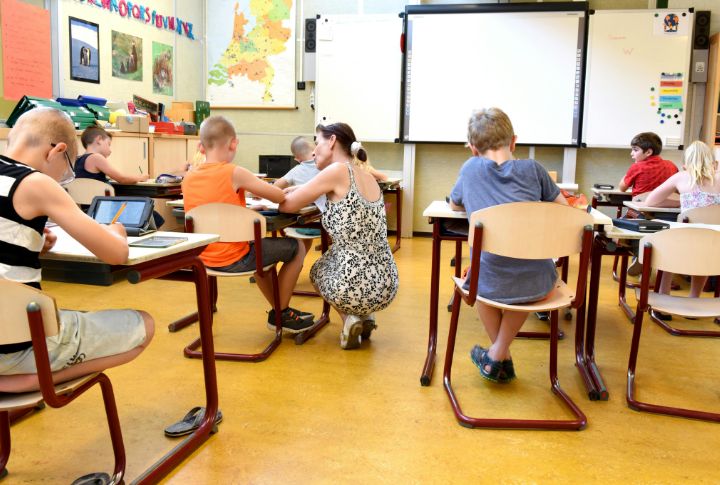
In some schools, especially in Portland and parts of California, young kids are asked to share pronouns during morning circle. Advocates say it normalizes inclusion. But when a six-year-old turns to ask, “What’s a pronoun again?” you realize the conversation may be skipping a few foundational steps.
Historical Literature Is Being Rewritten Or Replaced

Classic books are being pulled from reading lists or rewritten to align with today’s values. Advocates say it’s about progress and sensitivity. Others argue it’s erasing context rather than teaching how to think critically about it. Changing the past may not be the same as learning from it.
Cartoon Characters Are Getting Rewritten To Match Identity Politics

When Velma was reintroduced as a queer character, some fans applauded. Others asked why a beloved character needed a rewrite rather than a new representation. In entertainment, studios often retrofit identity into existing franchises. It’s symbolic progress, yes—but also a signal that new stories still aren’t getting greenlit fast enough.
DEI Officers Now Approve Creative Work Before It’s Released

In response to public backlash from past campaigns, brands have embedded Diversity, Equity, and Inclusion officers directly into creative teams. The goal is to avoid tone-deaf messaging. But some creatives feel stifled, prioritizing not offending over standing out. The balance between accountability and originality remains tough to strike.
Parents Are Being Told To Stop Saying “Good Job”

A growing parenting trend discourages praise like “good job.” Why? They are warning that it can create a need for external validation. The intent is to raise more self-motivated kids. But for many parents, avoiding all affirming language feels awkward.
Dress Codes Are Being Dropped In The Name Of Equity

As part of efforts to reduce bias and promote inclusion, some schools have removed dress codes entirely. They want to eliminate rules that disproportionately target certain students, especially along gender or racial lines. But the outcome hasn’t been simple: teachers report difficulty enforcing basic classroom norms.
Job Candidates Are Being Screened For Unconscious Bias

Some companies are now evaluating applicants based on how they respond to diversity-related prompts, using software or human assessors to spot bias. The idea is to build more inclusive teams. Critics warn that even subconscious thoughts become points of judgment, and diversity can feel performative instead of authentic.
Academic Grading Standards Are Being Rewritten For Equity

Schools are rethinking how students are graded, with less emphasis on deadlines, test scores, or having one right answer, especially in subjects like math. This is being done to make learning more inclusive. However, as effort and intent begin to outweigh results, it’s becoming harder to define what academic achievement really means.
The Term “Mom” Is Being Replaced by “Birthing Person” in Medical Forms

A handful of hospitals now use the term “birthing person” to be inclusive of all gender identities. The change intends to respect trans and non-binary parents. But some mothers say the shift feels cold. Language meant to open doors can sometimes make others feel left out of their own experience.
Dating Apps Are Promoting Matches Based On Political Alignment
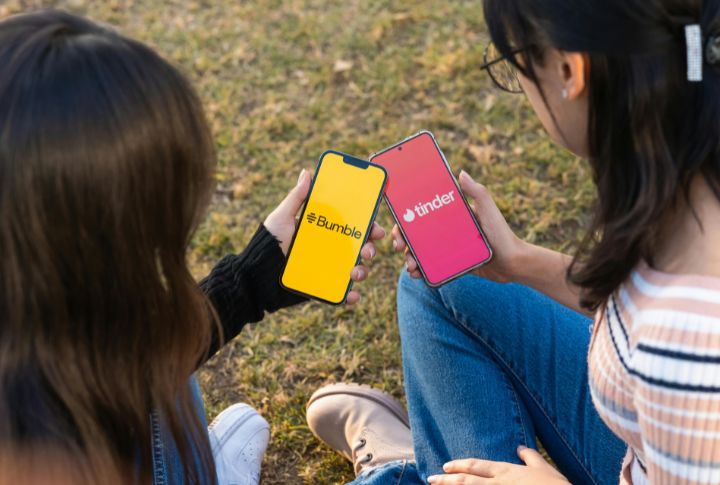
What happens when politics becomes the first gatekeeper? Shared humor, mutual interests, or even chemistry sometimes never get a chance to show up. Platforms like OkCupid and Bumble now let users filter matches based on political values. Many users love the feature. Others say it narrows human connection too early.
Libraries Are Moving Books Based On Perceived Harm

In parts of California and New York, librarians are quietly moving classic titles like “Huckleberry Finn” and “To Kill a Mockingbird” out of general access. The concern is emotional safety. Some agree. Others worry about access. When a book disappears from the shelf, its ideas disappear from public memory too.
Comedians Are Avoiding Entire Topics To Stay Platform-Friendly

Streaming services have become pickier. Comics who want specials approved say they often pre-edit jokes to avoid any red flags. Race, gender, religion, and mental health are approached with extreme caution. It creates a clean stage, but many say it also creates something worse. A stage without edge or honesty.
Old Comments Are Treated Like Present-Day Offenses
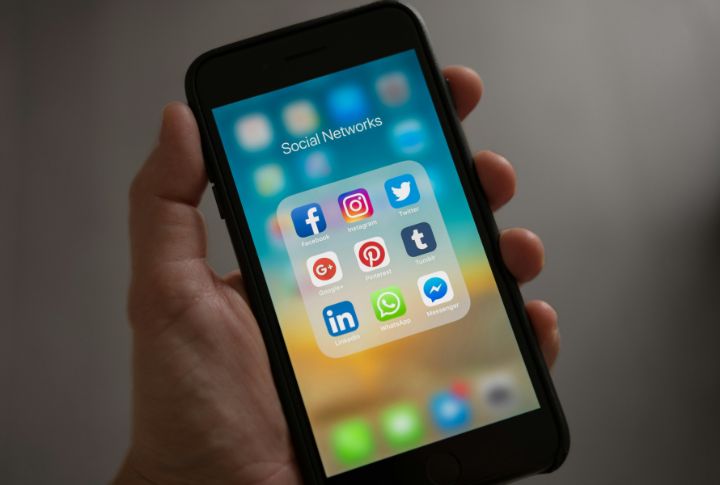
Public figures, athletes, and influencers are increasingly losing jobs or opportunities over things they said online years ago, often as teenagers. Even when they apologize, it’s rarely enough to stop the backlash. Social media keeps a permanent record, and this is where we might not take into account the growth.
People Are Being Uninvited For Staying Silent Online

Some people are losing invites or job opportunities because they didn’t express their opinion on a public crisis. Even saying nothing is seen as taking a side. Social media has made it harder to stay neutral, and silence is often treated like a statement.
Wearing Costumes From Other Cultures Is Now Under Scrutiny
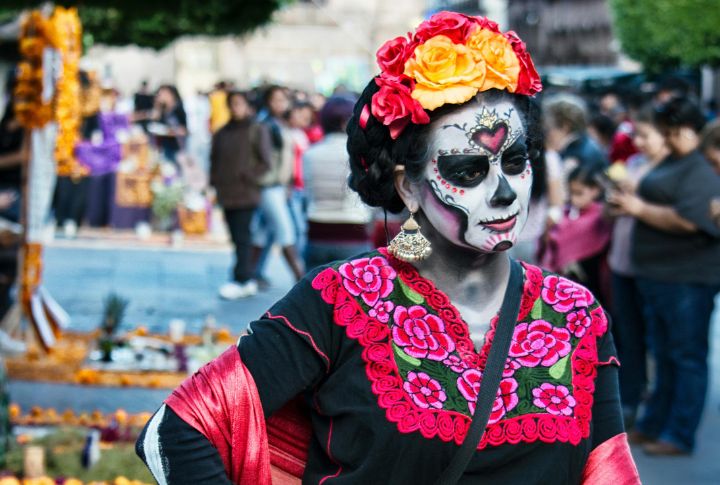
What was once a harmless part of Halloween or school events is now being questioned. Some argue that dressing up as characters from other cultures can be offensive, even when done with no ill intent. This has left many wondering if the tradition of dressing up is becoming too complicated for children and adults alike.
Workplace Flexibility Is Becoming An Expectation

Flexible working hours and remote options, once considered perks, are now expected in many workplaces. While flexibility can improve productivity and employee well-being, it can also shift workplace culture, potentially affecting collaboration and team dynamics. What began as a way to enhance work-life balance is now a central factor in hiring and retention.
Parents Are Being Told To Avoid Setting Strict Boundaries

There’s a growing push for parents to be less strict about setting boundaries and more focused on allowing children to express themselves freely. The goal is to encourage independence and self-expression. Nevertheless, some parents find it difficult to strike the right balance, and without clear limits, children may struggle with accountability and self-discipline.
“Microaggressions” Are Being Treated Like Intentional Attacks

In some schools and workplaces, unintentional slights—like mispronouncing a name or asking where someone is “really from”—are now flagged as microaggressions. While awareness matters, critics argue intent and context are often lost, making honest mistakes feel like public offenses rather than teachable moments.

